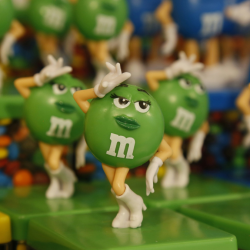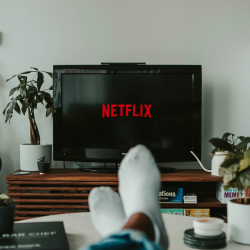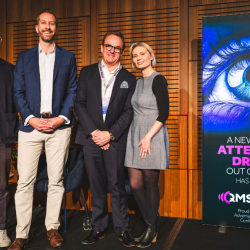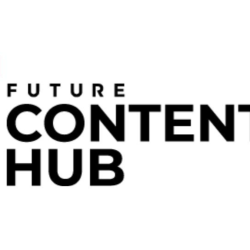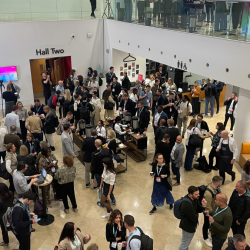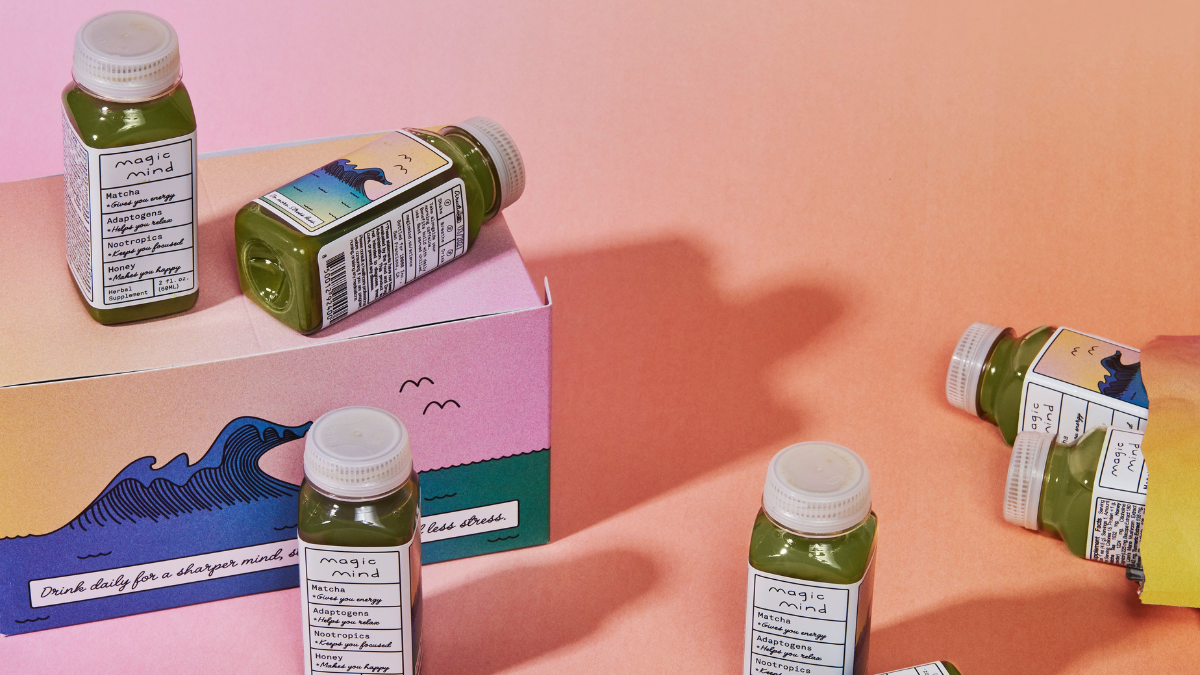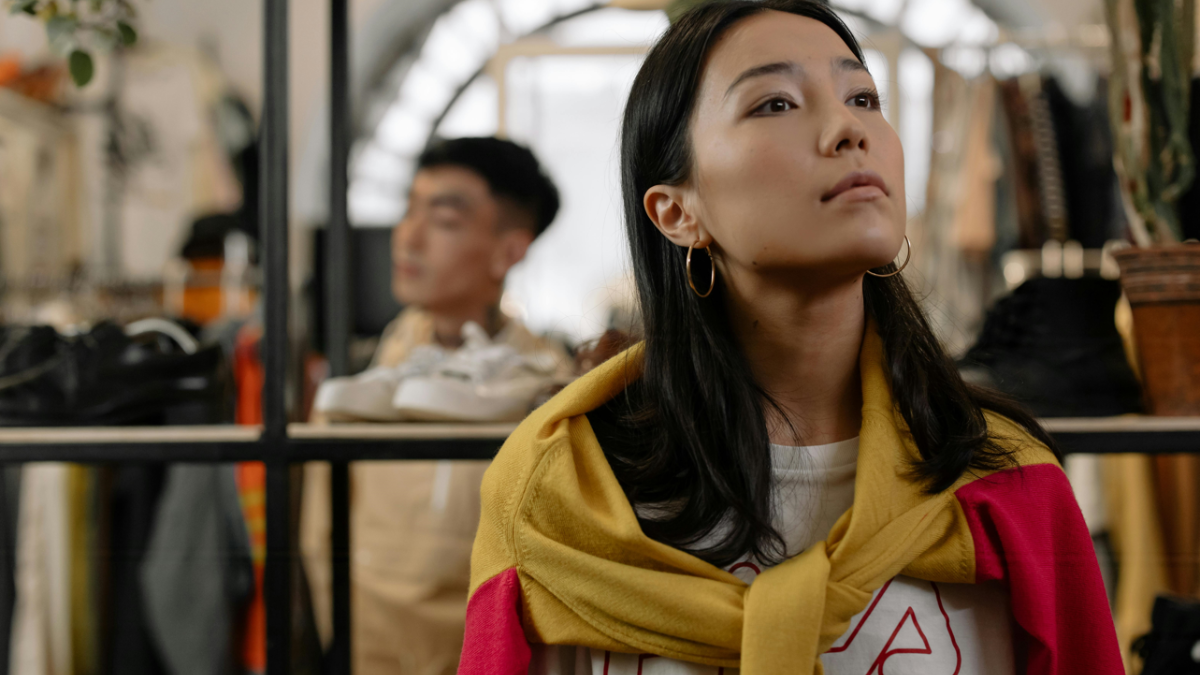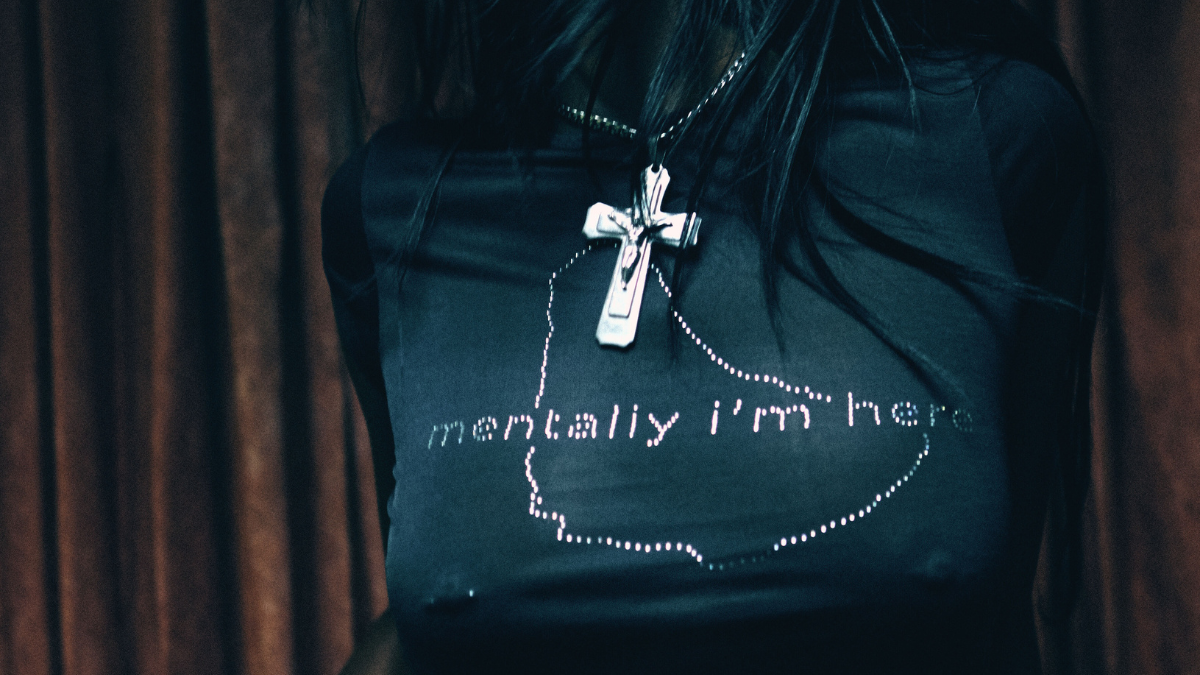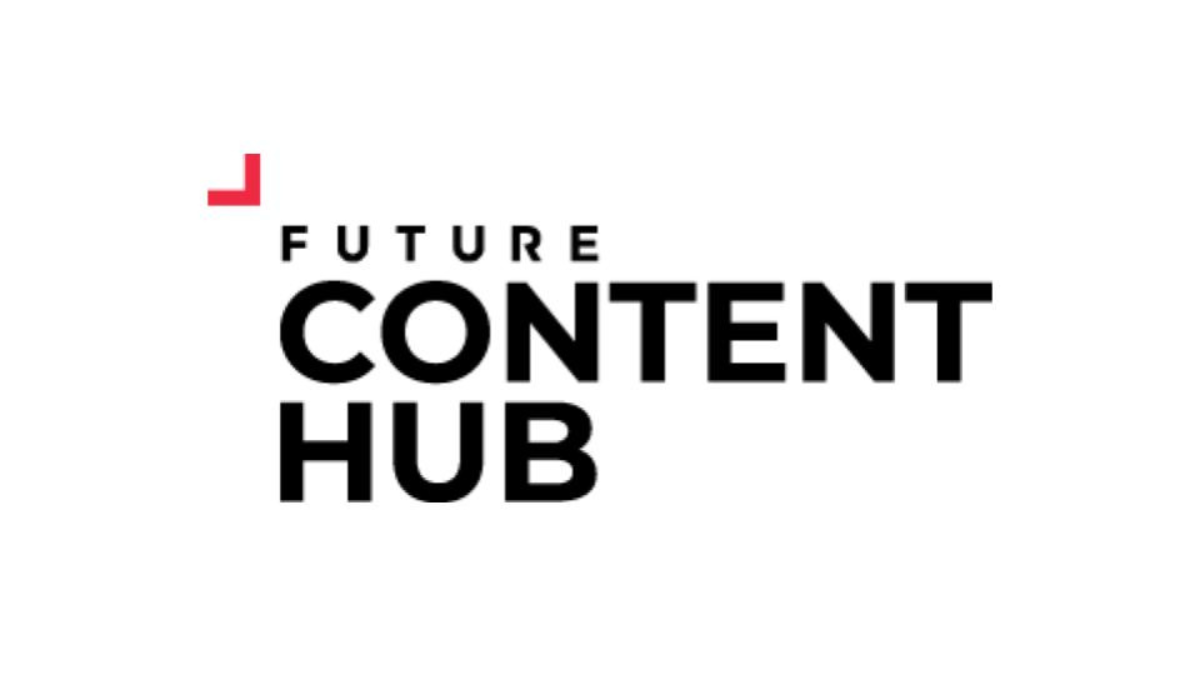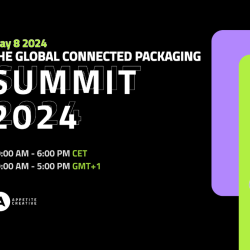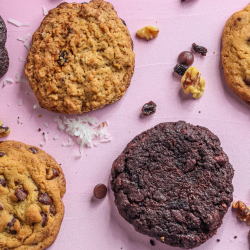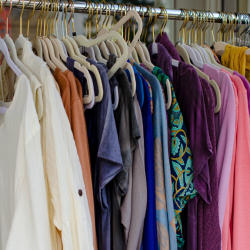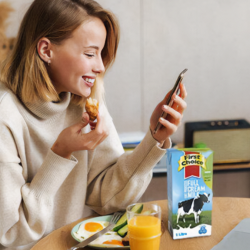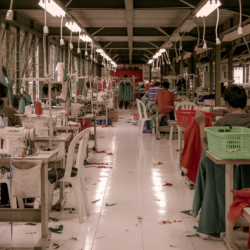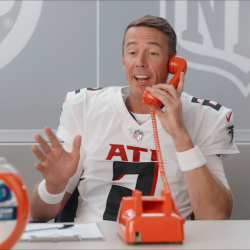The pressure for brands to act responsibly has reached a crescendo
The climate crisis has emerged as a critical concern across every industry highlighting the need for sustainable practices, especially the packaging industry. Sustainable packaging aims to minimise environmental impact by reducing waste, conserving resources, and adopting renewable materials. Consumers are becoming more conscious of their purchasing decisions and favouring sustainable products. As a result, businesses are re-evaluating their packaging strategies to align with these evolving consumer preferences.
In response to this urgent call, manufacturers and businesses are increasingly adopting environmentally friendly packaging solutions and exploring the potential of connected packaging. Aligned to environmental and policy considerations, connected packaging and the wider technology supporting it provides a smart way to make packaging more sustainable, while educating and engaging customers.
Delivering an efficient and cost-effective way to collect first-party data, connected packaging enables brands to understand consumer preferences, develop products, run loyalty programs and communicate directly with customers in real-time. It’s also a simple way to improve a variety of business credentials and it has never been so valuable and in demand.
A recent survey we carried out showed that increased investment in digital marketing spend is planned in 2023 by 88% of those surveyed vs. 59% in 2022. The results showed that connected packaging is deemed increasingly important as a sustainable way to connect with and educate customers (57%) and it is perceived by almost half (44%) to be becoming the main route to communicate directly with customers.
Increased sustainability pressures on packaging producers and the introduction of new EU packaging laws have positively impacted the perceived value of connected packaging
The majority (91%) of respondents agree that it helps to improve the sustainability credentials of a company, vs 80% in 2022. There are numerous government regulations coming into force, especially in the EU, on plastic packaging. One major driver is the new EU-wide rules on packaging, also known as the EU Circular Economy Package, which have already impacted packaging companies across the EU. As the climate crisis continues, more measures will be implemented to mitigate the damage to the planet.
It’s estimated that every year we add 25 million tons of plastic to the ocean, and as of 2022, every square mile of our ocean contains over 45,000 individual pieces of plastic.
Another challenge facing packaging producers is educating customers about the importance of this change and how to properly recycle packaging. Creating recyclable packaging is all well and good, but it requires the end users to understand how and why they should recycle it.
We recently ran a campaign for Woodlands Dairy, one of the largest manufacturers of UHT milk in South Africa, to create a fun and interactive connected packaging for its FIRST CHOICE® brand. Woodlands Dairy was looking to help educate consumers about the benefits of recycling packaging and raise awareness of sustainability through its first ever FIRST CHOICE® branded experience. The smart packaging utilised a web app based connected experience accessed via QR codes to give consumers access to an interactive sustainability quiz and key sustainability information sheets. Users participate to collect points and get ranked on the quiz leader-board and the chance to be chosen to win 500R with shopping vouchers. The Woodlands Dairy campaign proved popular with the average dwell time reaching 2 mins and 14 seconds. Almost 6M consumers have been reached generating over 20M impressions, and the educational sustainability quiz has already been played by 53k users.
Earlier this year I spoke at Paris Packaging Week. The trends seen at the conference reflect the growing importance of sustainability, personalisation and smart packaging across the industry. Both brands and packaging producers are working to reduce their environmental impact, improve the customer experience, and streamline operations via innovative technologies and materials.
One example I shared was our work with Elopak’s new aluminium-free carton, which Don Simon has just started using for its beverages. We were able to raise awareness of the new aluminium free carton, personalise the experience by product type, test customer knowledge and address the gaps and drive sales. All while identifying ambassadors for the brand. We saw an average dwell time of two minutes and 46 seconds, 14% scan rate and 60% registration.
At Appetite Creative we’re working with Tetra Pak, Elopak, Smurfitt Kappa and Greiner Packaging, who are all taking sustainability seriously. We’re helping them to educate and inform consumers in an engaging way (via connected packaging) to ensure the end user understands how and why to use and recycle packaging. We’ve been enabling marketers to deliver important information in a way that is easy to digest and action, empowering them to make the right choices for themselves and the planet. It’s all well and good tethering caps for example, but if consumers don’t know why and separate the lids anyway, then it’s a wasted exercise.
A brand’s wider contribution to or impact on society is a growing consideration for consumers, with sustainability one of the key topics under scrutiny
We’re seeing a growing demand for sustainable technology solutions. Brands are increasingly looking to combine environmentally friendly business practices with consumer education and engagement. The EU-wide rules on packaging have had a significant impact on the packaging industry, driving change and innovation in a more sustainable direction. Companies must now balance their business interests with their environmental responsibilities and find ways to meet the new regulations while maintaining competitiveness.
The adoption of sustainable and connected packaging trends fosters long-term resilience for businesses. By embracing environmentally friendly practices and leveraging innovative technologies, companies can future-proof their operations, improve brand reputation, and attract sustainability-conscious consumers. This resilience contributes to long-term stability and mitigates the impact of the cost-of-living crisis.
Another recent connected packaging campaign we delivered was for an international fruit juice brand. The smart packaging utilised a web app based connected experience accessed via QR codes, and included a fall game where players had to slice fruit to create fruit juice. Every time the user participated a small donation was made to a local children’s charity guaranteeing support for those that need it. The higher the score the bigger the charity donation by the brand. The connected experience also contained a personality quiz to help customers find the best drink for them. And an education section was also included to explain the new tethered caps, and bricks explaining the positive environmental practices committed daily by the juice brand.
Sustainability and connected packaging trends play a vital role in addressing the challenges faced by consumers and businesses. Through eco-friendly materials, minimalist design, circular economy principles, and connected packaging solutions, the packaging industry is evolving to meet the demands of a more sustainable future. By empowering consumers, driving operational efficiency, and fostering long-term resilience, these trends provide tangible solutions to mitigate the cost-of-living crisis while promoting a greener and more sustainable society.
Sustainability requirements combined with the rise of connected packaging experiences, is creating increased investment by brands in this supercharged media channel like never before, and the results are impressive. Help keep our planet green — try out connected packaging today.
Featured image: Magic Mind / Unsplash
